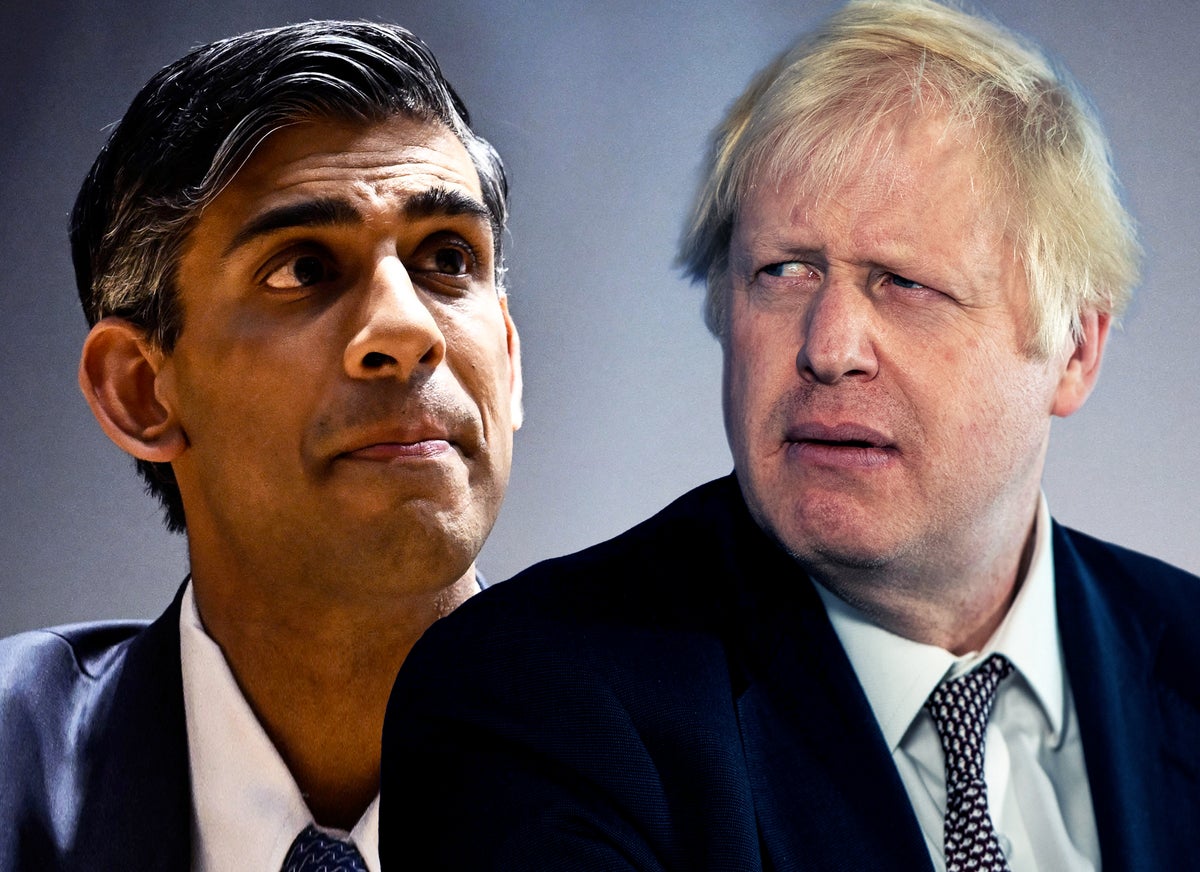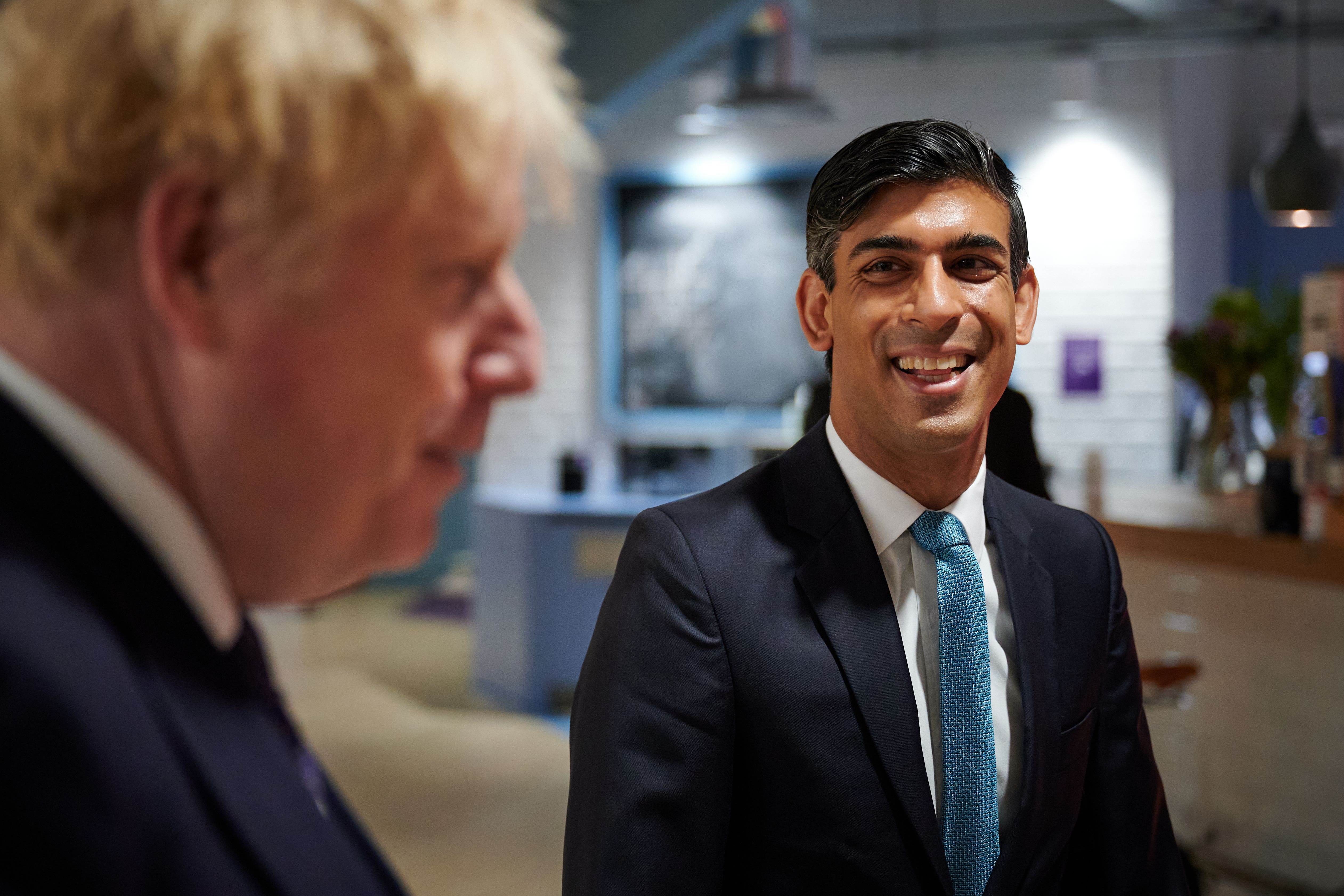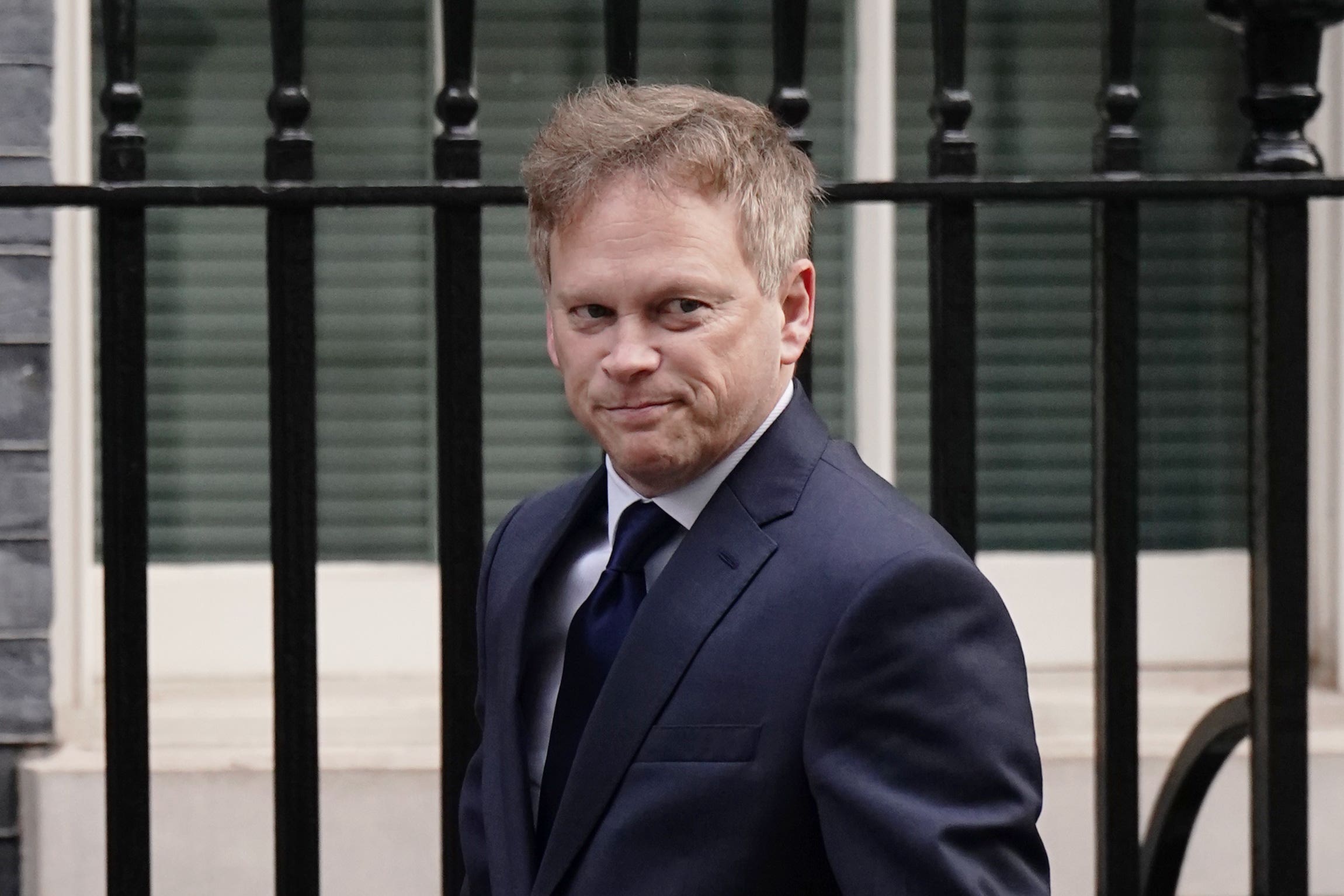
Rishi Sunak has refused to back down in the extraordinary row over Boris Johnson’s messages, as his government launched legal action against the Covid inquiry in a last-ditch attempt to protect the material.
Mr Sunak was accused by Labour and the Liberal Democrats of a “cover-up” and a “cowardly” attempt to obstruct the inquiry, while former civil service chief Robert Kerslake told The Independent: “They are in a hole and they should stop digging.”
The Cabinet Office will seek a judicial review of inquiry chair Baroness Hallett’s demand to release the former prime minister’s WhatsApp messages and notebooks. It revealed the unprecedented move in a letter to her team.
Follow The Independent’s live coverage for all the latest updates
The department said it was bringing the legal challenge “with regret”, but insisted that “important issues of principle” were at stake. It claimed that the request by the inquiry amounted to an “unwarranted intrusion” into other aspects of government work, as well as into “expectations of privacy”.
In another bombshell development, it emerged that Mr Johnson only provided officials with WhatsApp messages dating from May 2021 onwards – despite the former PM’s claim this week that he had submitted the “full, unredacted” material when he urged the government to pass it on to the inquiry.
In a statement to the inquiry, senior civil servant Ellie Nicholson said Mr Johnson’s lawyers had not provided a “substantive response” to a request for his old mobile phone, which would contain material from the start of the Covid crisis in early 2020 through to the following spring.
Ms Nicholson said the Cabinet Office had received 300 pages’ worth of Mr Johnson’s post-May 2021 WhatsApp messages on Wednesday, and was reviewing the material “for national security sensitivities and unambiguously irrelevant material” in order to redact it.
Mr Johnson was forced to change his mobile number in 2021 after it emerged that the one he was using had been publicly available online for 15 years. The Cabinet Office said it believes the former PM still “has possession” of his previous phone.
But Mr Johnson – in his own letter to the inquiry on Thursday evening – said he was “more than happy” to hand over his unredacted WhatsApp messages and notebooks directly to the Covid inquiry.
The former Tory leader told the inquiry he agreed with the Cabinet Office position “that in principle, advice to ministers should not be made public”.
But he added: “I see no reason why the inquiry should not be able to satisfy itself about the contents of my own WhatsApps and notebooks, and to check the relevant WhatsApp conversations (about 40 of them) for anything that it deems relevant to the Covid inquiry.”
It also emerged that Mr Johnson initially refused a request by the Cabinet Office in April to move his notebooks to a “secure location”. Ms Nicholson said the notebooks were only finally handed over on Wednesday.
The Cabinet Office said it would share some of the contents of Mr Johnson’s notebooks within days – but insisted they needed to be redacted in order to exclude “national security sensitivities and unambiguously irrelevant material”.

Mr Sunak had earlier hinted that the government was sticking to its guns, telling broadcasters on his trip to Moldova: “We’re confident in our position but are carefully considering next steps.”
Despite efforts to hash out a compromise, the two sides appear destined to argue the principle out in court. It comes despite warnings given to Mr Sunak by top legal figures that the “cards are stacked” against the government.
Responding to the move by the Cabinet Office, a spokesperson for Lady Hallett’s team acknowledged the government’s desire for a judicial review, and said a further statement would be made at a scheduled inquiry hearing on Tuesday at 10.30am.
As well as citing national security concerns, the Cabinet Office said it feared that the irrelevant material could include “references to personal and family information, including illness and disciplinary matters”, and “comments of a personal nature” about people not involved in government activity.
However, on Thursday Grant Shapps appeared to add to the pressure on Mr Sunak by saying the inquiry should be able to “get on with its job”. The energy secretary said there was “nothing to be shy or embarrassed about” when it came to ministers’ discussions of the Covid crisis.
“I think it’s really straightforward – we have to let the inquiry get on with its job,” the cabinet minister told TalkTV. Asked if he was as happy as Mr Johnson to hand over his messages, Mr Shapps said: “Whatever they want.”

Angela Rayner, Labour’s deputy leader, accused Mr Sunak of being “hopelessly distracted with legal ploys to obstruct the Covid inquiry in a desperate attempt to withhold evidence”.
Accusing him of a “cover-up”, she added: “Instead of digging himself further into a hole by pursuing doomed legal battles to conceal the truth, Rishi Sunak must comply with the Covid inquiry’s requests for evidence in full.”
The Liberal Democrats said the legal action was a “cowardly attempt to obstruct a vital public inquiry” and a “kick in the teeth for bereaved families”.
Rivka Gottlieb, spokesperson for Covid-19 Bereaved Families for Justice, said it was “absolutely obscene that the Cabinet Office is going to spend hundreds of thousands of pounds of taxpayers’ money on suing its own public inquiry into being unable to access critical evidence”.
Lord Kerslake, a former head of the civil service, urged the government to “back down” and hand over everything Lady Hallett had asked for. He told The Independent: “They are in a hole and they should stop digging, really. Take a step back and think of the court of public opinion.”
Mark Saville, who conducted the inquiry into Bloody Sunday, said Lady Hallett was best placed to decide what information was relevant – and warned that a court case could be “rather expensive”.
He told BBC Radio 4’s Today: “It is for her to decide whether something is relevant or not.” Asked how long a judicial review could take, Lord Saville said: “It needn’t necessarily be slow – but it probably would be rather expensive.”
The latest exchange of documents also revealed that Lady Hallett wrote to Mr Johnson in February this year to ask 150 initial questions about his handling of the Covid pandemic – including whether he was advised to sack his health secretary at the time, Matt Hancock.
The inquiry chair also challenged Mr Johnson on why he did not attend any Cobra meetings about Covid prior to 2 March 2020, and asked if he had said “let the bodies pile high” when considering a second lockdown.
Lady Hallett also asked: “Why did you attend a personal/social meeting on the evening of 19 March, after you had called on the UK on 16 March to stop all non-essential contact with others?”
The Independent has contacted Mr Johnson for comment.







